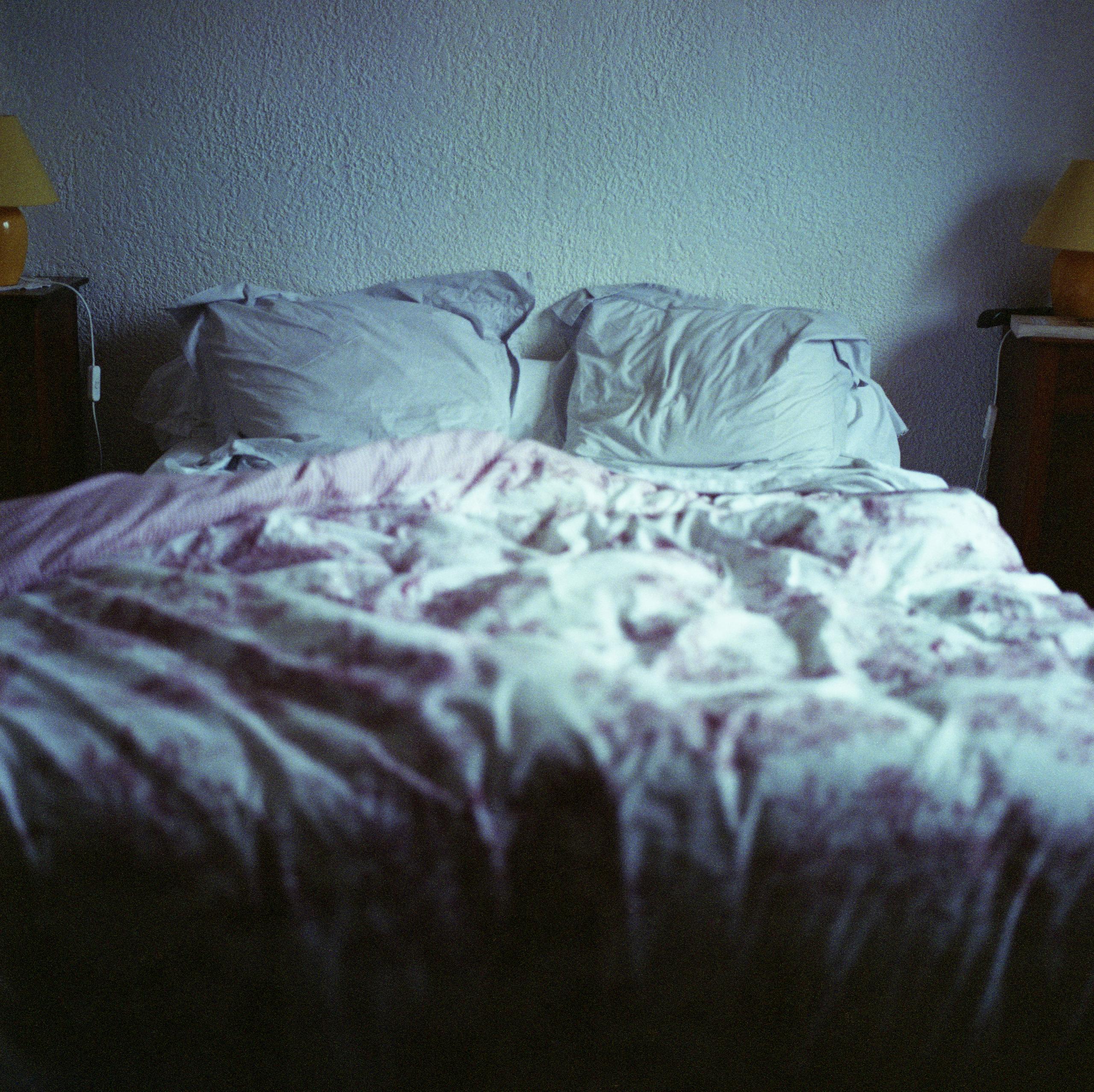
Sleeping and waking controlled by same part of brain

Researchers at the University of Bern have shown that a single area of the brain – the thalamus – is responsible both for the actions of falling asleep and waking up.
Previously, the university said, although the thalamus was known to be important for sleep quality, consensus was that the impulses for falling asleep and waking up took place in separate regions of the brain.
However, a Swiss research team led by Antoine Adamantis now claims that the thalamus area plays a double role.
Using optogenetic techniques to activate brain neurons with light impulses, they found that a small group of neurons in this area produces long waves that can help with falling asleep, while the same neurons also produce the ‘signal’ to wake up.
The thalamus, located between the cortex and the brainstem, is a linking region that also plays a role in processing sensory input and organizing cognition and consciousness. It is connected to practically all other regions in the brain.
+ Read about the effects of sleep deprivation on the brain
Crucially, using experimental data drawn from tests on mice, the researchers also found that when the thalamic neurons were inhibited, sleep quality and recovery also suffered.
At a time when the active population is sleeping less than ever before – 20% less than 50 years ago, they say – this discovery could have implications for efforts to improve quality and consistency of sleep.
The results were published in the Nature Neuroscience magazine.

More
Swiss getting less sleep than in past

In compliance with the JTI standards
More: SWI swissinfo.ch certified by the Journalism Trust Initiative















![The four-metre-long painting "Sonntag der Bergbauern" [Sunday of the Mountain Farmers, 1923-24/26] had to be removed by a crane from the German Chancellery in Berlin for the exhibition in Bern.](https://www.swissinfo.ch/content/wp-content/uploads/sites/13/2025/12/01_Pressebild_KirchnerxKirchner.jpg?ver=a45b19f3)













You can find an overview of ongoing debates with our journalists here . Please join us!
If you want to start a conversation about a topic raised in this article or want to report factual errors, email us at english@swissinfo.ch.